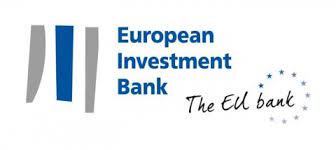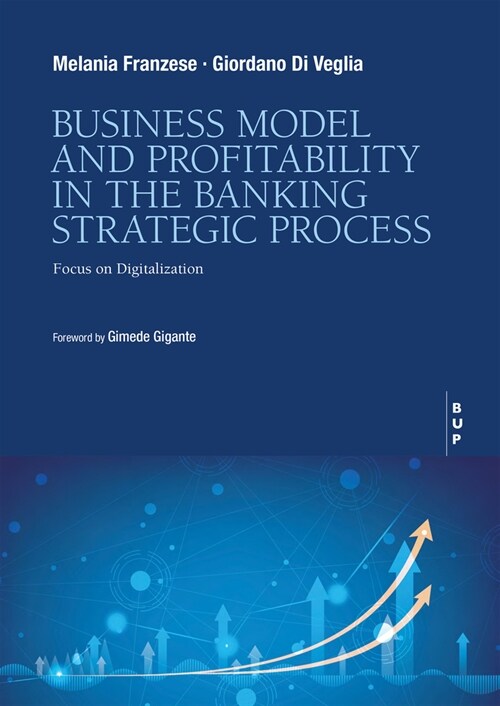by Kieran Beer
The Panama Papers are justifiably grabbing headlines based on the number of “A-list” politicians and celebrities, as well as the handful of notorious criminals, that they name. And their sheer volume—11.5 million documents—represents an unparalleled look at the machinations involved in the use and abuse of shell companies, in this case those created by Panama-based law firm Mossack Fonseca. But it’s important to step back and have a little perspective: the use of shell companies for tax evasion, the proceeds of corruption and other crimes detailed in the papers are outrageous, but sadly nothing new.
Continue reading…










